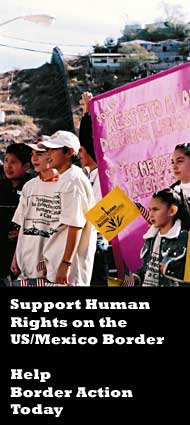let's make this simple.
There are two distinctly American ways to do this capitalism thing.
One is represented by Bush and the Republicans. Under that vision, society is divided into opposing camps: the haves and the have-nots. Those who have are entitled by "having" to write the laws, and the laws are written to favor them. Regulations that evolved to correct abuses flowing out of concentrated wealth and power are regarded as restraints on free trade, and are discarded. These include labor rights, workplace health and safety protections, environmental protections, and safeguards on banking and investment behavior. taxes are viewed as infringements on personal property, and wealth as an inheritable form of power that leads to "money aristocrats," great estates, and dynasties. We saw the consequences of that worldview in the era of the "robber barons" and the crash of the stock market that led to the Great Depression. We are seeing it again in the economy that has prevailed since Bush took office in 2000: job outsourcing, record trade deficits, deregulation (Enron), crashing home values, declining wages and salaries, and a super=wealthy CEO class that comprises something under 5% of the population. That is the "free market" being espoused by today's Republican party.
The other view was best articulated by FDR. In that view, generally espoused by Democrats, society is seen as having divisions, but is viewed as a joint enterprise in which everyone has a shared interest, Government -- law and regulation -- is seen as a legitimate tool for leveling the playing field, encouraging personal and economic growth and development, and providing safeguards for the weakest members of the social family, and the environment is viewed as a precious commonwealth that deserves its own protections. Taxes are viewed as an appropriate payment for enjoying the benefits of infrastructure, defense, and security, and as a means to prevent the concentration of vast wealth in the hands of a few -- an anti-aristocracy perspective consistent with the anti-monarchy perspective of the Constitution. Education is viewed as an investment and therefore is subsidized by the government. A minimum level of healthcare and income security are viewed as essential to the stability of the state and of the society. Ergo, Medicare, Social Security, and Medicaid. The consequences of that worldview were evident in the growth of the American middle class, the New Deal, and the 50-year reign of prosperity between the end of WWII and the market plunge in 1999.
Which looks better to you?
Tuesday, October 16, 2007
Which Way, America?
Posted by
PICO
at
10/16/2007 12:28:00 PM
![]() Labels:
deregulation,
free market,
New Deal,
robber barons,
taxes
Labels:
deregulation,
free market,
New Deal,
robber barons,
taxes
Subscribe to:
Post Comments (Atom)



















0 comments:
Post a Comment